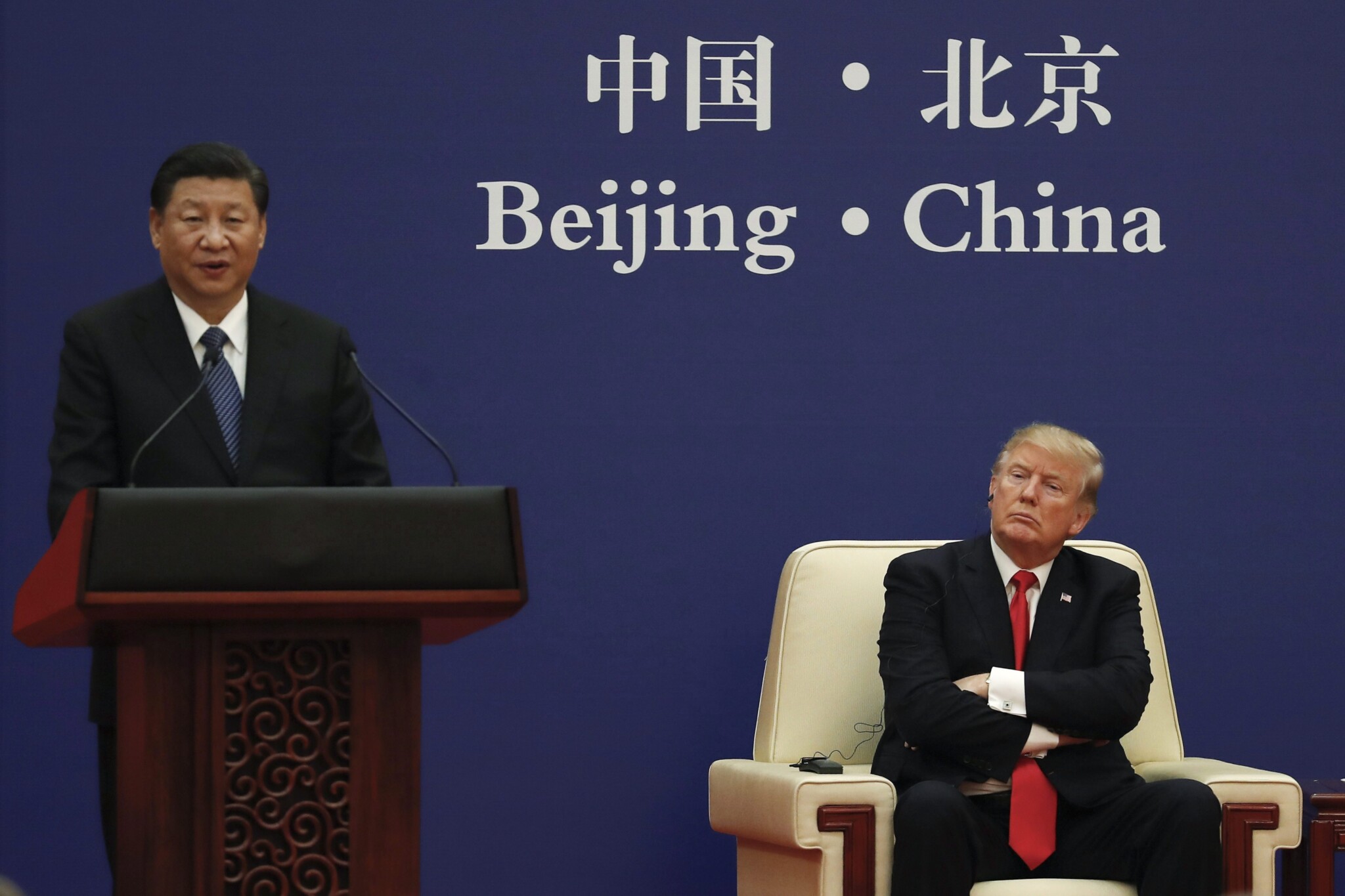‘Tariffs are a small part of a bigger picture’: Peter Tertzakian on whether Canada can thrive in a mercantilist world
In the latest episode of Trump’s Trade War, The Hub’s managing editor Harrison Lowman speaks with Peter Tertzakian, an energy economist, the founder of Studio.Energy, and a member of the Prime Minister’s Council on Canada-U.S. relations. They discuss how Canadian energy can survive and thrive in a new mercantilist global order.
To read Peter’s full analysis, click here.
Key points:
- Global shift to mercantilism: The world is reverting to a mercantilist model, where nations compete for control of trade routes and resources, with China leading the charge through initiatives like the Belt and Road Initiative.
- Canada’s resource wealth: Canada is rich in critical minerals, oil, and gas, making it a highly desirable player in the global market. However, its ability to leverage these resources is hindered by a lack of investment.
- Investment challenges: Canada has become less attractive to investors due to complex regulations and policies. Tertzakian called for a “massive rethink” of these policies to encourage investment without compromising environmental and social principles.
In the latest episode of Trump’s Trade War, Peter Tertzakian, energy economist and founder of Studio.Energy, discussed Canada’s role in a shifting global economic landscape dominated by mercantilist policies. Tertzakian, who also serves on the Prime Minister’s Council on Canada-U.S. Relations, highlighted the challenges and opportunities Canada faces as it navigates this new era of geopolitical and economic competition.
Tertzakian began by contextualizing the current global environment, drawing parallels to the mercantilist era of the 15th to 18th centuries, where nations sought to control trade routes and resources to enhance their wealth. “Today, competition is not between companies. Now, competition is at a country level,” he explained, pointing to China as the dominant mercantilist power. China’s Belt and Road Initiative, which has enlisted 149 countries, exemplifies this modern mercantilism, with strategic control of trade routes and critical resources at its core.
Canada, Tertzakian argued, is uniquely positioned to benefit from this new world order due to its vast reserves of critical minerals, oil, and gas. “We fare very favourably,” he said, emphasizing the desirability of Canada’s resources. However, he warned that Canada’s ability to capitalize on these assets is hampered by a lack of investment. “We were an attractive place for investment 70 years ago in the 1950s. That attractiveness has diminished,” he noted, citing an expected net exodus of $35 billion in investment capital from Canada’s oil and gas sector in 2025.
Generative AI assisted in the production of this story. If you are quoting from or referencing this episode, please refer to the audio to verify.



